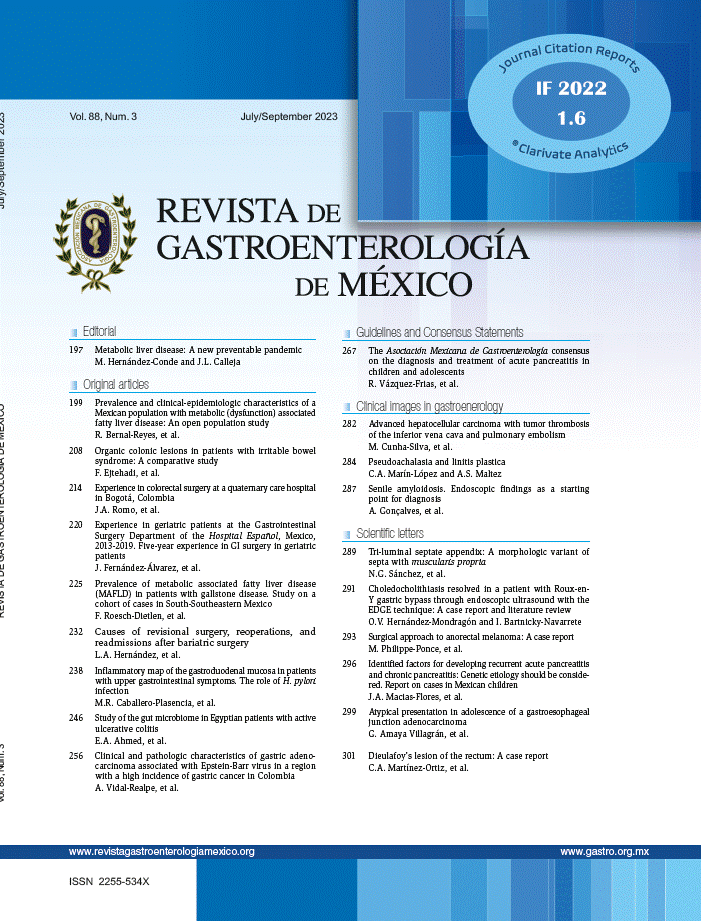We would like to comment on the article, “Weight change and lifestyle modifications implemented during the COVID-19 pandemic lockdown are associated with the development of gastrointestinal symptoms”.1 The planned study sought to determine the prevalence of gastrointestinal complaints caused by the COVID-19 lockdown and the resulting lifestyle modifications. While the emphasis on gastrointestinal health during the public health crisis is notable, the study lacks the depth required for a thorough understanding of the underlying causes. The biggest critique stems from its cross-sectional design, which limits causal inference. Without a longitudinal approach, it is difficult to determine whether reported symptoms are directly caused by pandemic-related lifestyle changes or impacted by pre-existing conditions that became worse during the lockdown. Furthermore, relying on self-reported symptoms introduces possible biases, as participants may over- or under-report their symptoms, based on recall or perception, thus compromising the validity of the results. Furthermore, the sample’s demographic homogeneity calls into question the generalizability of the findings. Although the average age of participants was reported, a more specific breakdown of age groups, socioeconomic status, and pre-existing health issues would have provided a more complete dataset and aided in the intervention’s tailoring. This study found significant increases in various gastrointestinal symptoms, but it did not provide a solid theoretical framework to explain how lifestyle changes during the lockdown, such as dietary changes, physical inactivity, and mental health issues, affected the gastrointestinal outcomes. Exploring these linkages in greater depth might improve understanding and provide useful recommendations for future health strategies.
In terms of novelty, this study might have been improved by including objective measurements of gut health, such as biomarkers or imaging techniques, in addition to self-report questionnaires, rather than depending exclusively on participant accounts. Using validated scales or diagnostic criteria for gastrointestinal illnesses improves their validity and reliability. Future research should include longitudinal studies that can track gut health trends as lifestyle changes emerge following the lockdown. In addition, investigating the psychological impact of lockdown and stress on gut symptoms may provide a comprehensive picture of the interrelated physiological and psychological components that influence patient health.
Finally, the continuous nature of the pandemic provides an opportunity for future research into post-COVID disorders, particularly their long-term influence on gut health. Researchers should look into preventive approaches and educational interventions focused on lifestyle changes that promote gut health, particularly as communities adapt to the “new normal”. Collaborative studies that include a varied population and use mixed-method approaches may help to grasp the complexities of this issue, allowing for more effective public health interventions aimed at reducing the worsening of gut symptoms caused by the epidemic.
Declaration of Generative AI and AI-assisted technologies in the writing processThe authors utilized a computational editing tool in preparing the present article.
Financial disclosureNo financial support was received in relation to this article.
Data availabilityNo new data were created.



